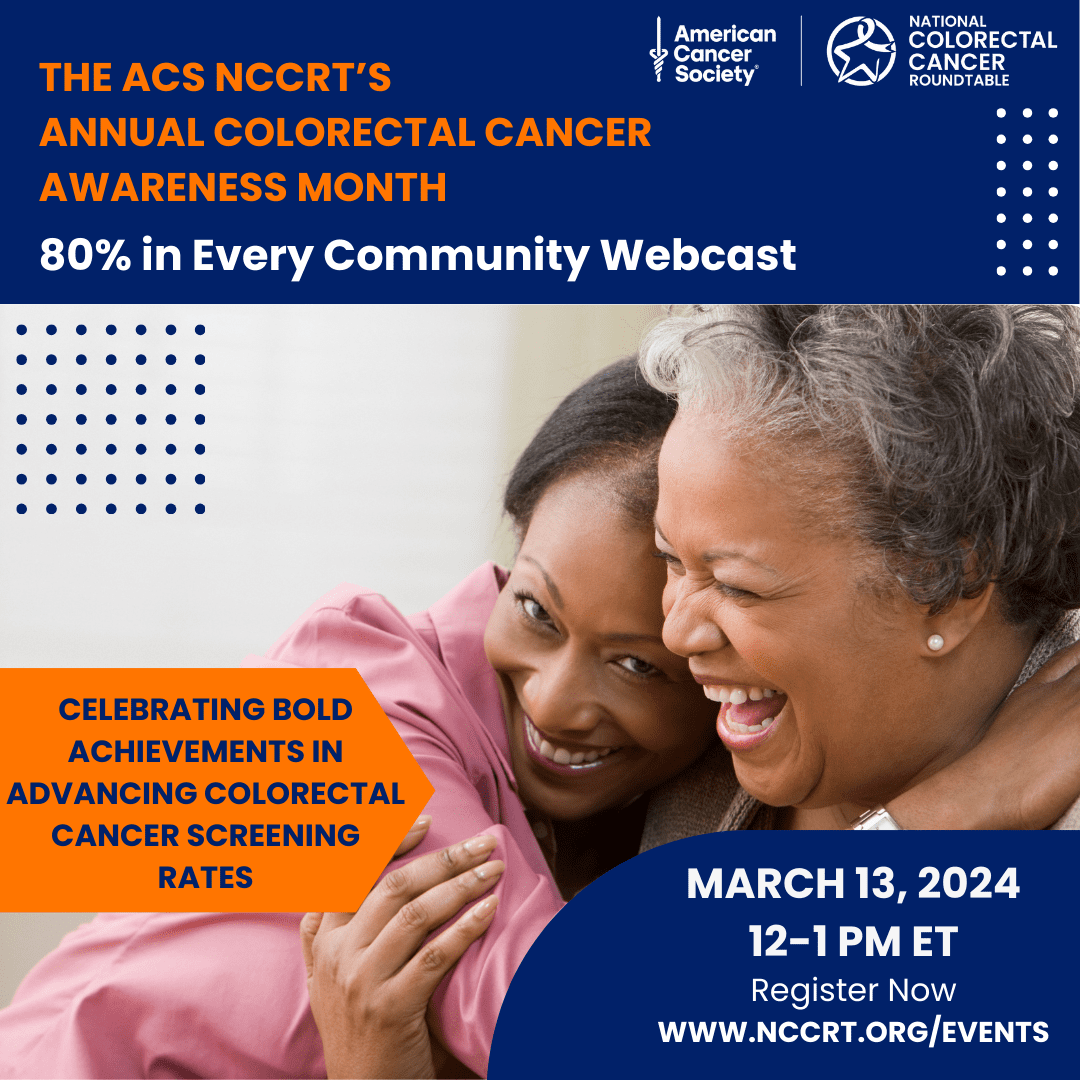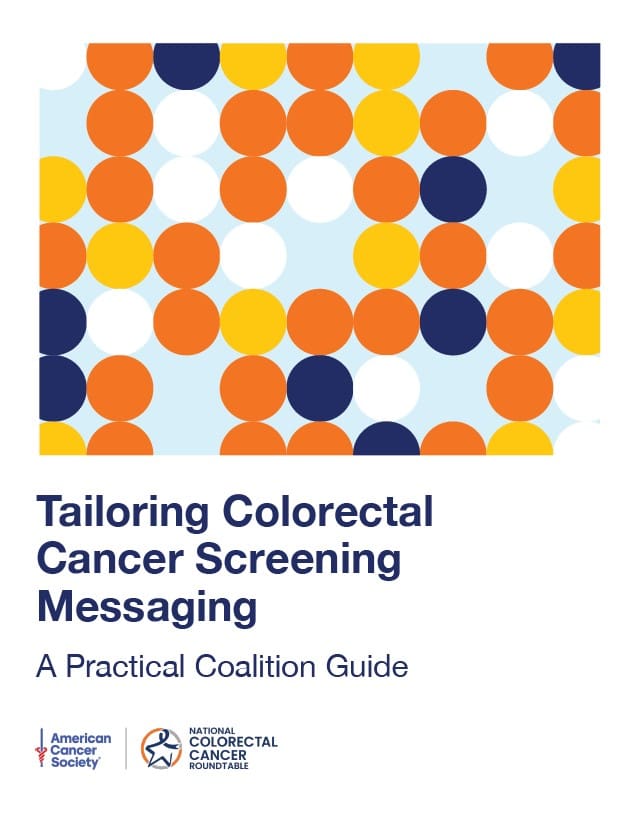Screening rates vary by population and geography; however, one segment known to be less likely screened for colorectal cancer (CRC) is the Medicaid population. Due to the Patient Protection and Affordable Care Act (ACA), many states have expanded their Medicaid program to individuals under age 65 who are under 138% of the federal poverty level. This expansion is increasing the number of individuals eligible for Medicaid who fall within the recommended guidelines for CRC screening, and thus providing a significant opportunity to improve CRC screening rates in participating states. Some states that did not officially expand Medicaid also have begun offering CRC screening to more uninsured and low income individuals.
The NCCRT Policy Action Task Group worked with a researcher at George Washington University to conduct a state by state assessment of CRC control activity among Medicaid programs. The report found a wide range of CRC control activity among Medicaid agencies, ranging from no activity to ten states with “Extensive” CRC activity, including data collection, partnership, measurement and tracking, and implementation of evidence-based interventions.
Explore More

2024 National Colorectal Cancer Awareness Month Webcast
The 2024 National Webcast celebrated national achievements and to hear the latest state of the field updates that inform the ACS NCCRT's work.

2023 Lead Time Messaging Guidebook
This Guidebook is intended to provide you with information and tools to motivate individuals at average and heightened risk for CRC to discuss screening prior to the recommended screening age. Our belief is that this will increase the likelihood that they will prioritize getting screened on-time for CRC.

Tailoring Colorectal Cancer Screening Messaging: A Practical Coalition Guide
This step-by-step guide is targeted at coalitions who are looking to make highly effective campaigns to increase colorectal cancer (CRC) screening rates in their communities, especially for those hardest to reach, illustrated by case studies.
